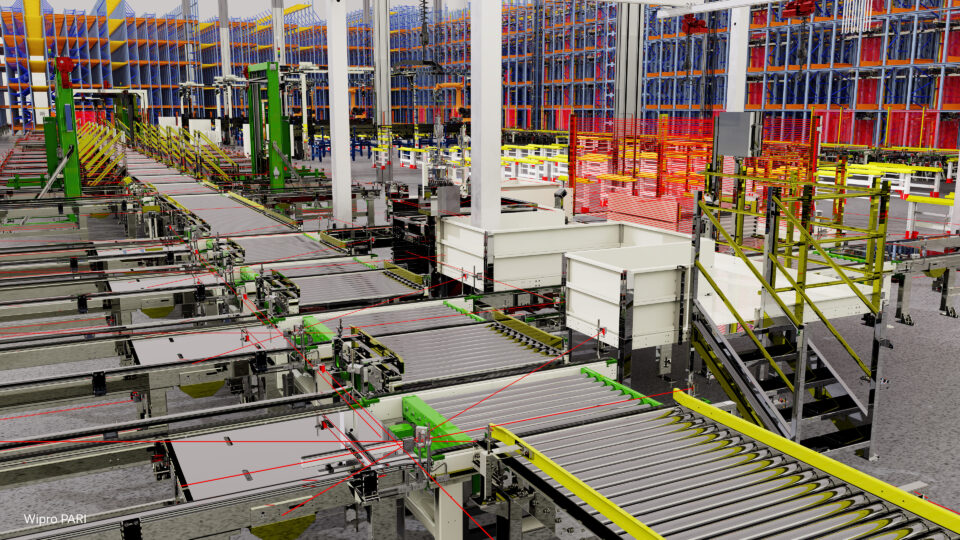
India is entering a new age of industrialization, as AI transforms how the world designs, builds and runs… Read Article

India is entering a new age of industrialization, as AI transforms how the world designs, builds and runs… Read Article
Open source has become essential for driving innovation in robotics and autonomy. By providing access to critical infrastructure — from simulation frameworks to AI models — NVIDIA is enabling collaborative… Read Article
Startup works with leading cell therapy companies to bring robotics manufacturing into the clean room, reducing costs by more than 70% while accelerating output compared with legacy systems…. Read Article
The next universal technology since the smartphone is on the horizon — and it may be a little less pocket friendly. The Moonshot research program, funded by the Japan Science… Read Article
At CES, Caterpillar reveals how it’s integrating NVIDIA technologies, from NVIDIA Jetson Thor to speech models, to transform the world’s heavy industries…. Read Article
AI has transformed retail and consumer packaged goods (CPG) operations, enhancing customer analysis and segmentation to enable greater personalization for marketing and advertising, and boosting the speed and accuracy of… Read Article
Expanding the open model universe, NVIDIA today released new open models, data and tools to advance AI across every industry. These models — spanning the NVIDIA Nemotron family for agentic… Read Article
Physical AI is moving from research labs into the real world, powering intelligent robots and autonomous vehicles (AVs) — such as robotaxis — that must reliably sense, reason and act… Read Article
In Las Vegas’s T-Mobile Arena, fans of the Golden Knights are getting more than just hockey — they’re getting a taste of the future. ADAM, a robot developed with NVIDIA… Read Article